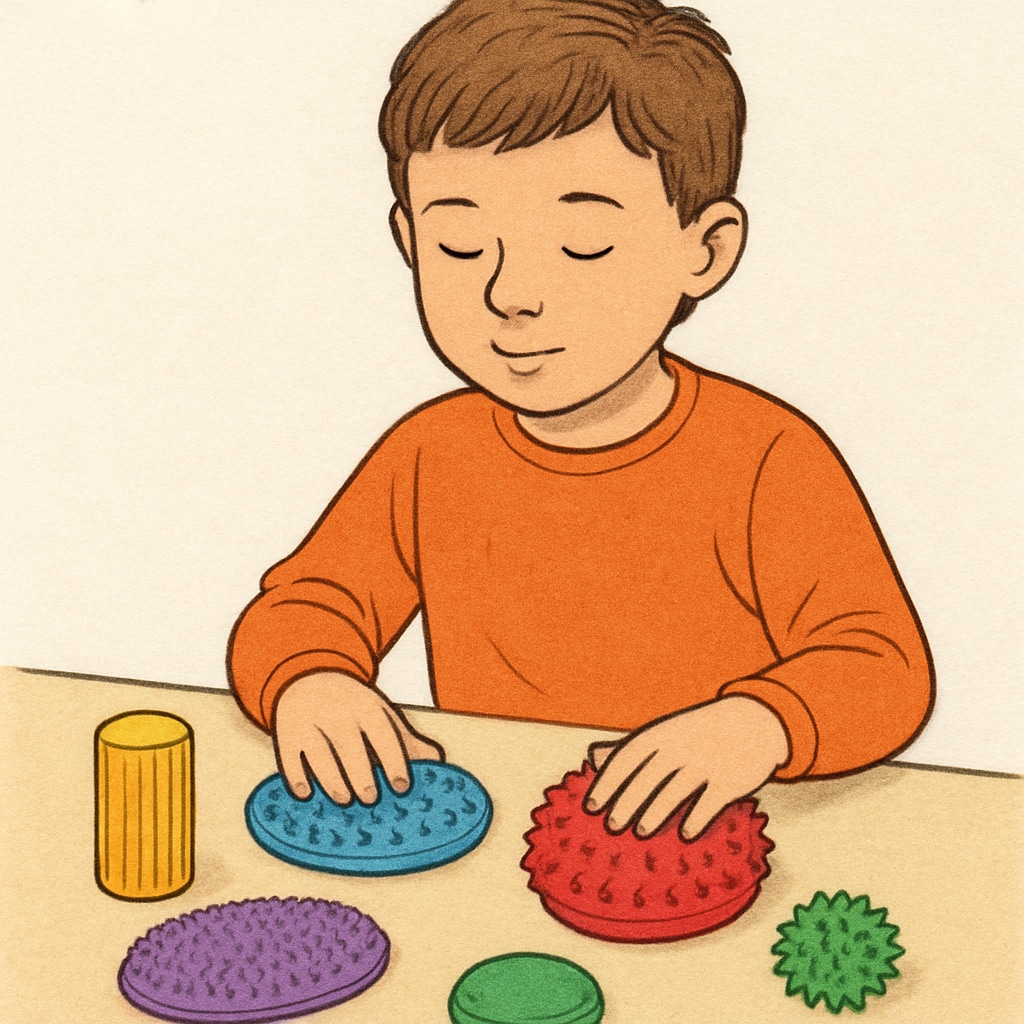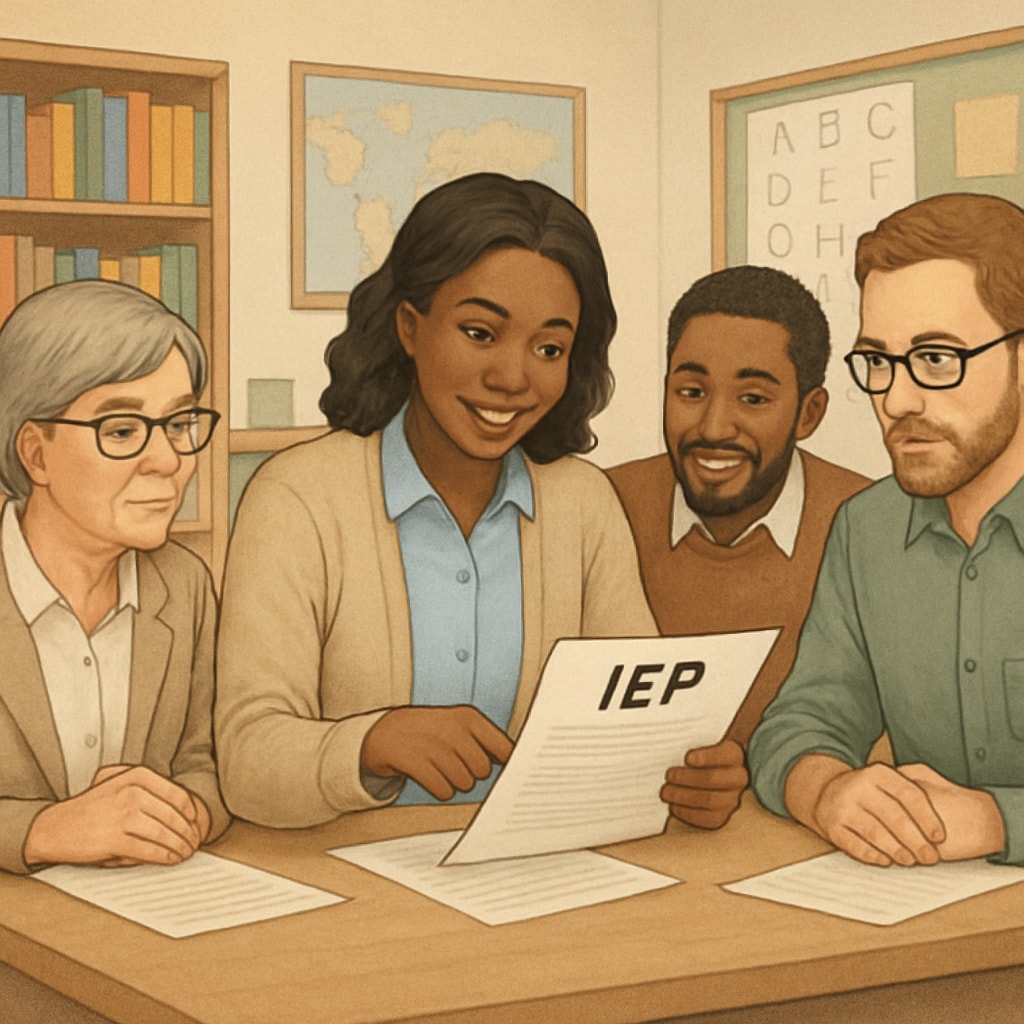Special education, autism, and teacher assistants form the cornerstone of inclusive education for children with unique learning needs. Among these, working with children on the autism spectrum presents distinct challenges that require a blend of professional expertise, emotional resilience, and practical preparation. This article delves into the silent yet profound challenges of special education and offers essential tips for aspiring and current teacher assistants in this rewarding field.
Understanding the Unique Needs of Autism Spectrum Disorder
Autism spectrum disorder (ASD) encompasses a range of developmental conditions characterized by challenges in social interaction, communication, and repetitive behaviors. Every child with autism is unique, with varying strengths, interests, and needs. As a teacher assistant, recognizing and respecting this diversity is crucial.
For instance, some children may excel in visual learning but struggle with auditory instructions. Others might display heightened sensitivity to sensory stimuli, such as loud noises or bright lights. Teacher assistants must adapt their approaches to accommodate these differences while fostering learning and emotional well-being.
- Observe and Adapt: Regular observation helps identify patterns in a child’s behavior and learning preferences.
- Communication Methods: Utilize tools like picture exchange communication systems (PECS) or assistive technology to enhance interaction.
- Patience and Consistency: Progress may be slow, but consistent efforts build trust and encourage development over time.

Preparing for the Emotional and Professional Challenges
Working in special education can be emotionally demanding. Teacher assistants often face moments of frustration, as progress may be nonlinear or hard to measure. Additionally, witnessing a child struggle can be heart-wrenching. Therefore, emotional preparedness is as vital as technical knowledge.
Here are some strategies to build resilience:
- Seek Support: Collaborate with fellow educators, therapists, and parents to share insights and strategies.
- Professional Development: Attend workshops, training sessions, and seminars to stay updated on the latest approaches in autism education.
- Practice Self-Care: Regular breaks, mindfulness practices, and hobbies can help maintain mental health and energy levels.
In addition to emotional resilience, teacher assistants must also focus on their professional skill set. This includes understanding individualized education programs (IEPs), behavior management techniques, and crisis intervention strategies.

Practical Tips for Success in the Classroom
Special education classrooms require adaptability and creativity. Teacher assistants play a vital role in creating a supportive and engaging environment for children with autism. The following tips can enhance their effectiveness:
- Establish Routines: Predictable schedules help children feel secure and reduce anxiety.
- Use Visual Aids: Charts, flashcards, and color-coded materials simplify complex concepts.
- Reward Positive Behavior: Reinforcement, such as praise or small rewards, encourages desired actions.
- Create Safe Spaces: Designate areas where children can decompress during moments of sensory overload.
Moreover, teacher assistants should remain flexible, as unexpected situations may arise. For example, a child may refuse to participate in an activity due to anxiety. In such cases, patience and understanding are key to finding alternative solutions.
The Rewards of Working in Special Education
Despite the challenges, working with children on the autism spectrum is a deeply rewarding experience. Every small milestone achieved—a new word spoken, a social interaction initiated, or a skill mastered—brings immense joy and a sense of accomplishment.
Teacher assistants in special education often form meaningful connections with their students. These relationships not only enhance the children’s learning experience but also leave a lasting impact on the educators themselves. As a result, the role of a teacher assistant transcends mere instruction; it becomes a journey of mutual growth and inspiration.
For those considering a career in special education, it is essential to approach the role with empathy, dedication, and a commitment to lifelong learning. The path may be challenging, but the rewards are immeasurable.
In conclusion: Special education, autism, and teacher assistants are intertwined in creating inclusive and supportive learning environments. By equipping themselves with the right knowledge, emotional resilience, and practical strategies, teacher assistants can make a significant difference in the lives of children with autism, turning challenges into opportunities for growth and success.


